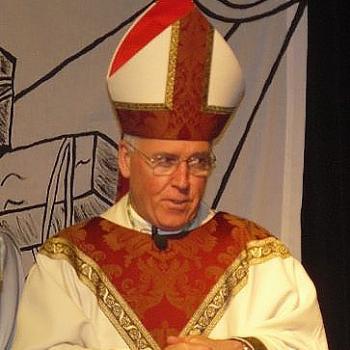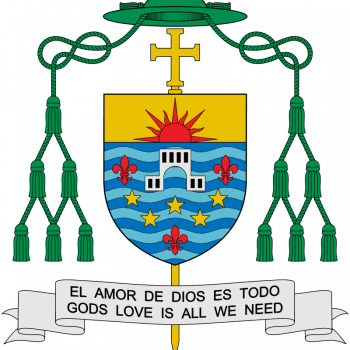On the 25th anniversary of the illicit ordination of four bishops by traditionalist Bishop Marcel Lefebvre, the Society of Saint Pius X indicated a definitive break of talks with the Catholic Church.
In a statement June 27, three of the four bishops originally ordained by Lefebvre expressed “their filial gratitude towards their venerable founder who, after so many years spent serving the Church and the Sovereign Pontiff, so as to safeguard the Faith and the Catholic priesthood, did not hesitate to suffer the unjust accusation of disobedience.”
The document – titled “Declaration on the occasion of the 25th anniversary of the episcopal consecrations (30th June 1988 – 27th June 2013)” – is signed by Bishops Bernard Fellay, Bernard Tissier de Mallerais and Alfonso de Galarreta.
Bishop Richard Williamson, also ordained by Lefebvre, was expelled last year from the society.
The group was founded in 1970 by the French native Archbishop Lefebvre in response to errors he believed had crept into the Catholic Church following the Second Vatican Council, which took place from 1962-1965.
Interpretation and legacy of the Second Vatican Council was a major stumbling block for the society in their ongoing negotiations with the Vatican aimed at healing their 24-year rift.
The society has also had a strained relationship with the Church since its founder ordained four bishops against the will of Pope John Paul II in 1988.
In their statement Thursday, the group contradicted now-retired Pope Benedict XVI’s stance on Vatican II. The letter made explicit reference to the “hermeneutic of continuity,” rejecting the interpretive lens by which Benedict XVI saw the conciliar documents in light of the Church’s tradition.
The bishops say that the documents themselves have grave errors and that they cannot be interpreted without clashing with tradition.
The “cause of the grave errors which are in the process of demolishing the Church does not reside in a bad interpretation of the conciliar texts – a ‘hermeneutic of rupture’ which would be opposed to a ‘hermeneutic of reform in continuity,’” they wrote, “but truly in the texts themselves, by virtue of the unheard of choice made by Vatican II.”















